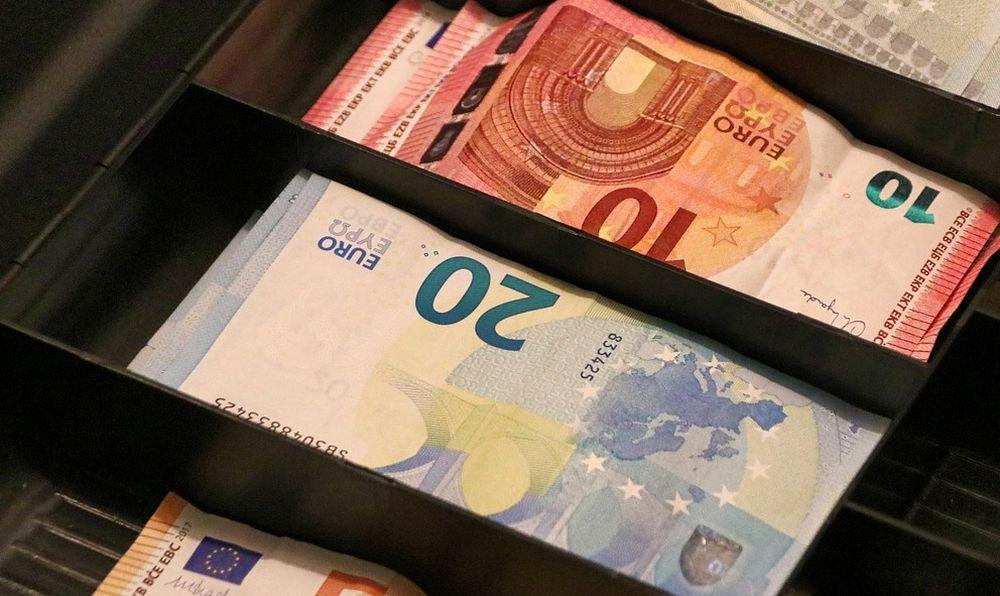There are many occasions when, when you make a transfer, you need it to arrive as soon as possible. And you wonder what happens if you do it on a Friday, Saturday or Sunday. Do they stay in line until Monday or will they arrive earlier? Knowing this will also help you if, for example, someone has made a transfer to you and you are waiting for it to arrive.
The way to send money with bank transfers has been improving over the years. So much so that, while the banks are open, it only takes a maximum of one business day for them to arrive. This applies to transfers made in the SEPA zone between different banks, including both Spanish banks and those from European countries that are part of this system. But the situation is different when these bank movements are made on Fridays, Saturdays or Sundays.
Transfer deadlines
As you will be able to verify, it is not the same whether you make the transfer on a Friday or issue it on the weekend. The difference is applied depending on the time you carry it out on Friday. This factor is known as the cut-off time of the bank and it will be crucial for you to know if the transfer will arrive at its destination on Monday or if it will wait until Tuesday. It is very frequent that a large part of the banks have the stipulated cut-off time at 1:30 p.m.

In this way, if you send the transfer at 12:00 or even 1:00 p.m., you will know that it will arrive at its destination on Monday, since the margin of one business day we are talking about will have been given. If you made the transfer after 1:30 p.m., such as 2:00 p.m. or 5:00 p.m., the business day will mean that the money will not reach its destination until Tuesday. Of course, all this applies to those transfers that are made between accounts of different banking entities and speaking of maximum time frames.
In the case of transfers sent on weekends, they are treated in the same way as those sent on Fridays once the cut-off time has passed. Therefore, they will arrive, at the latest, on Tuesday. Keep in mind that there may be various circumstances that cause you to receive the transfer even earlier, throughout Monday. But it is always good to know what the maximum term will be so that you are aware and do the calculations you need.
There are exceptions
The one business day wait has exceptions that it is also advisable to be aware of. One of the main ones is that the transfer is made from two accounts of the same bank. In that case, the money will be received practically instantly. The reason for this difference is that the same security checks are not carried out as when money moves between two banks. All the bank in question has to do is take note and report on the movement between accounts so that the authorities are aware of the transfer when it comes to keeping money laundering attempts under control.

Another exception is that you use one of the express transfer types that many banks offer today. This type of service is a fast transfer that can even arrive instantly, but it has a cost for whoever is doing it. In some cases it is a low figure, less than 1 euro, but there are also banks and payment services such as PayPal that can even charge a percentage of the transaction (always with a maximum limit that is usually 10 euros).
Finally, keep in mind that we are talking about national transfers. International ones have different waiting periods. Those made to an account outside the European Union may take a maximum of five business days, while those made within the European Union, but not in euros, will take up to four business days.













